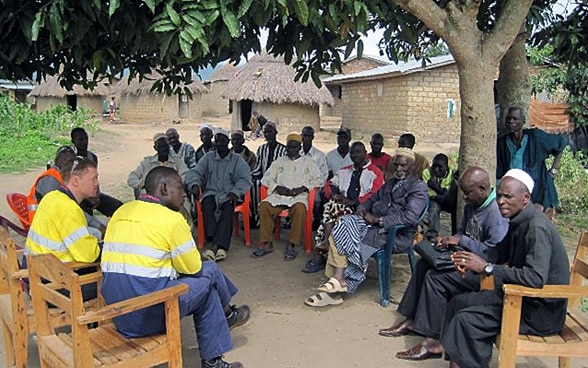UN Guiding Principles
In 2011, the UN Human Rights Council adopted the Guiding Principles on Business and Human Rights, which define states' duty and corporate responsibility to ensure that human rights are respected in business operations. The 31 guiding principles are based on three pillars. Pillar 1 sets out the state duty to protect people from human rights abuses committed by private actors, including business enterprises. Pillar 2 deals with corporate responsibility to respect human rights and to exercise due diligence. Pillar 3 addresses the need for access to remedy for those affected by business-related human rights abuses.


